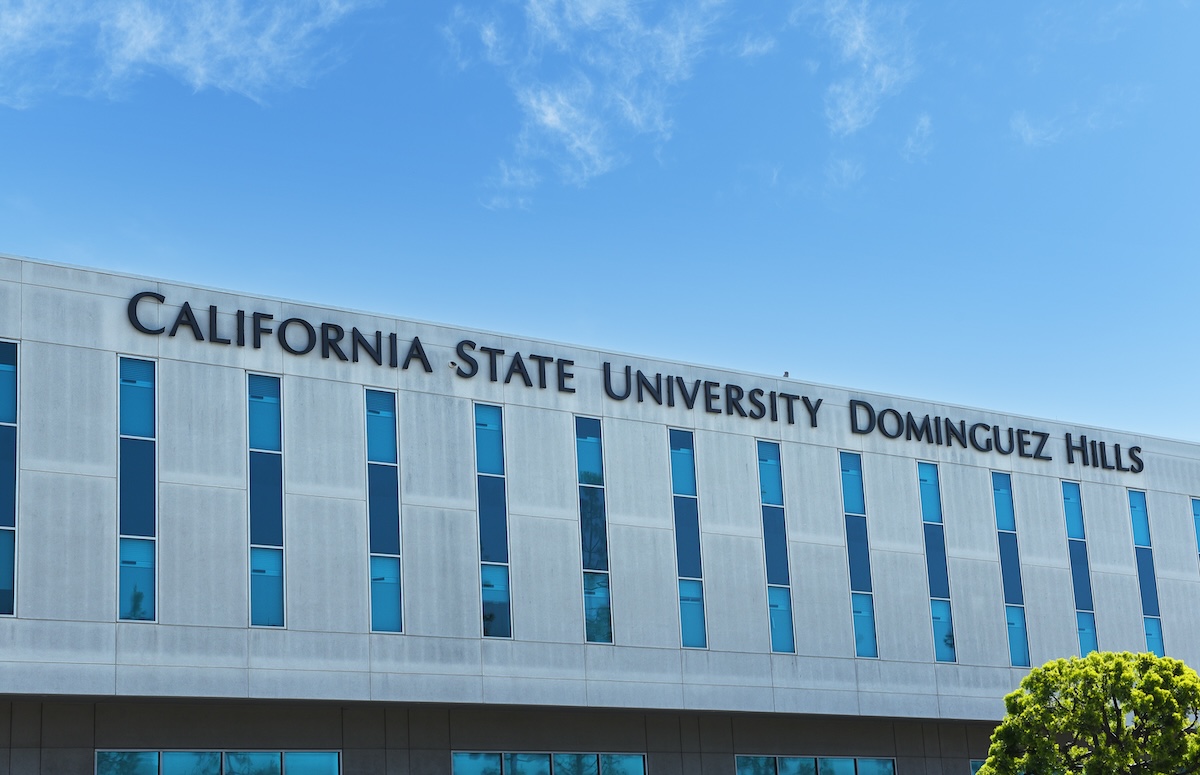New Law Simplifies CSU Direct Admission For Students


Governor Gavin Newsom this week signed Senate Bill 640 (PDF File), creating the California State University Direct Admission Program. The law allows the California State University system (CSU) to automatically admit eligible high school seniors who meet CSU’s minimum grade and course requirements, eliminating the need for a formal college application.
The new law takes effect January 1, 2026, with full statewide participation beginning for fall 2027 applicants.
The program will expands the existing program from 43 school districts to all 937 school districts across California, building on a pilot launched in Riverside County.
Beginning in fall 2027, every senior in California will receive a personalized letter from CSU – either congratulating them on their admission, informing them they’re close to qualifying, or outlining a community college transfer pathway if they’re not yet eligible.
Editor’s Note: This story was updated to correctly reflect the timing based on an updated statement.
Under the new law, CSU will use verified high school transcript data (through the CaliforniaColleges.edu platform) to determine eligibility. Students who complete the required “A–G” college preparatory courses with at least a 2.5 GPA will be considered CSU-ready.
Instead of applying, students will receive a letter early in senior year notifying them of their admission to one or more CSU campuses. The letter will outline the next steps to enroll, such as filing the Cal State Apply intent form, submitting final transcripts, and registering for orientation and classes.
For students close to qualifying, they will receive a letter that says, “Meet with your counselor to complete your required coursework with passing grades, and you’ll be eligible for admission.”
A third version points students toward community college enrollment and CSU’s Transfer Success Pathway, which guarantees eventual transfer to a four-year campus for students who meet certain milestones.
The direct-admission process doesn’t remove all responsibilities (students still need to complete their courses and finalize enrollment steps) but it does guarantee that academic eligibility is recognized automatically, without an application fee or essay.
The program will include most of CSU’s 23 campuses, including:
It’s important to note that six campuses that are currently “impacted,” or overenrolled, will not participate. Those are:
Students who wish to attend those campuses can still apply through the standard process.
SB 640 also extends and strengthens CSU’s dual admission program with California Community Colleges. Originally set to expire in 2026, the program will now run through 2036, giving students an extra year (three instead of two) to complete their transfer requirements.
The new law directs CSU and community college faculty to develop at least five new “transfer model curricula” in high-opportunity fields not already covered by existing Associate Degrees for Transfer. The goal is to expand guaranteed transfer pathways into emerging industries, from renewable energy to data science.
For students who begin at community college, this means more transparent degree maps and clearer guarantees that their credits will count toward a bachelor’s degree.
The CSU system has long been the workhorse of California’s higher education system, enrolling nearly half a million students each year across 23 campuses.
Direct admission will continue to streamline this success. By notifying students that they’re already accepted (and doing so before many even start the college application season) CSU is betting that more students will stay on track academically, complete the A–G sequence required course sequence, and see college as the default next step rather than an uncertain leap.
For families, the implications are straightforward:
In practical terms, this means a senior with a solid GPA could open their mailbox next fall to find 16 CSU campuses welcoming them. For many, that letter will be the first time higher education feels not just possible, but expected.
Don’t Miss These Other Stories:

Student loan debt is delaying homeownership and other milestones for nearly one in three borrowers, with even higher impacts on...

Becoming a parent is one of life’s most rewarding experiences, but it also brings new financial challenges. As you navigate...

When I started investing in multifamily real estate, I made every mistake you can imagine. I overpaid for properties, missed...